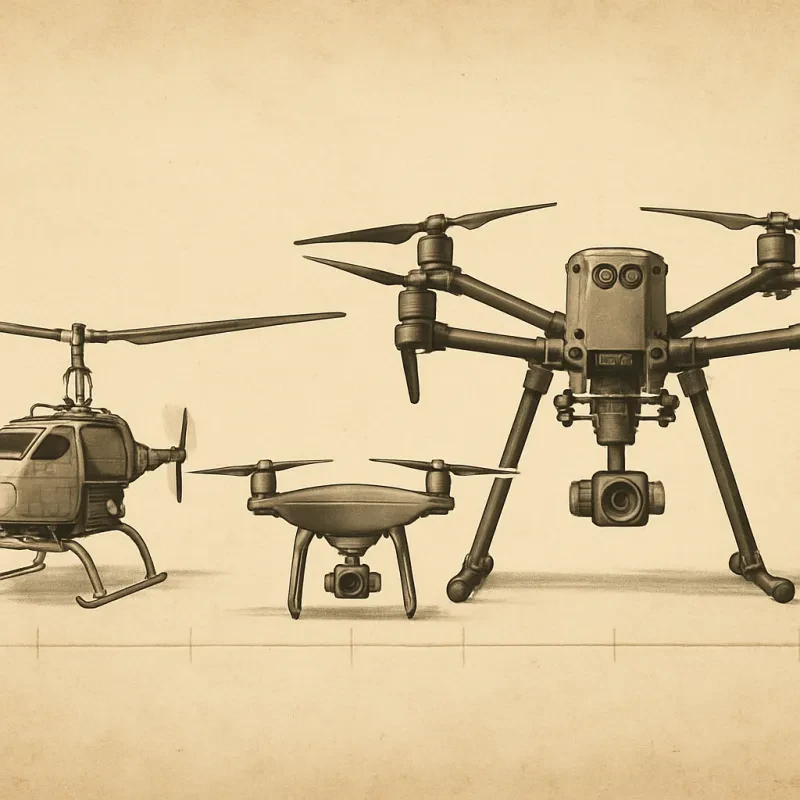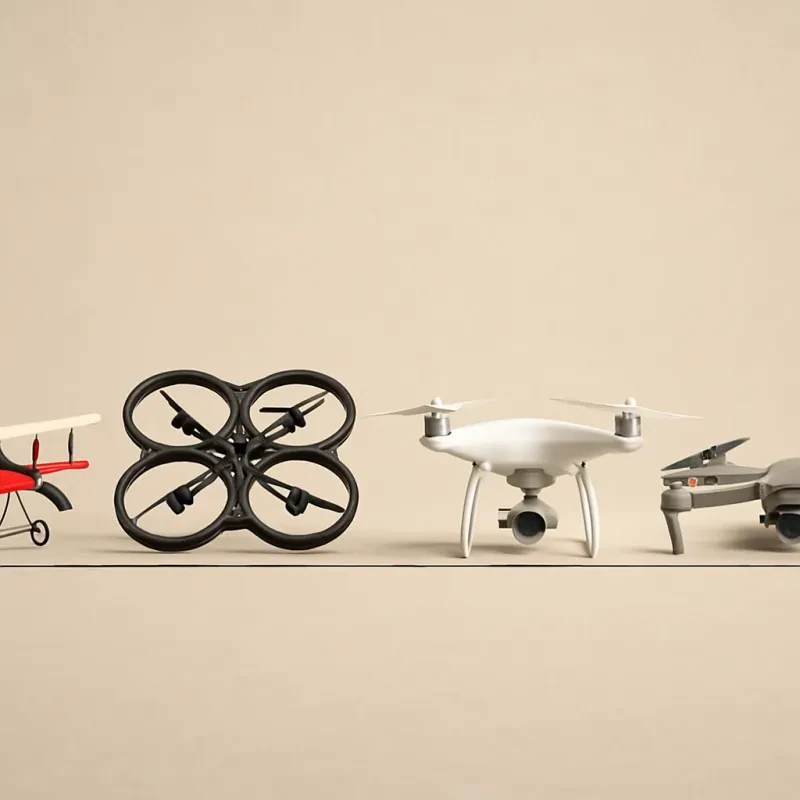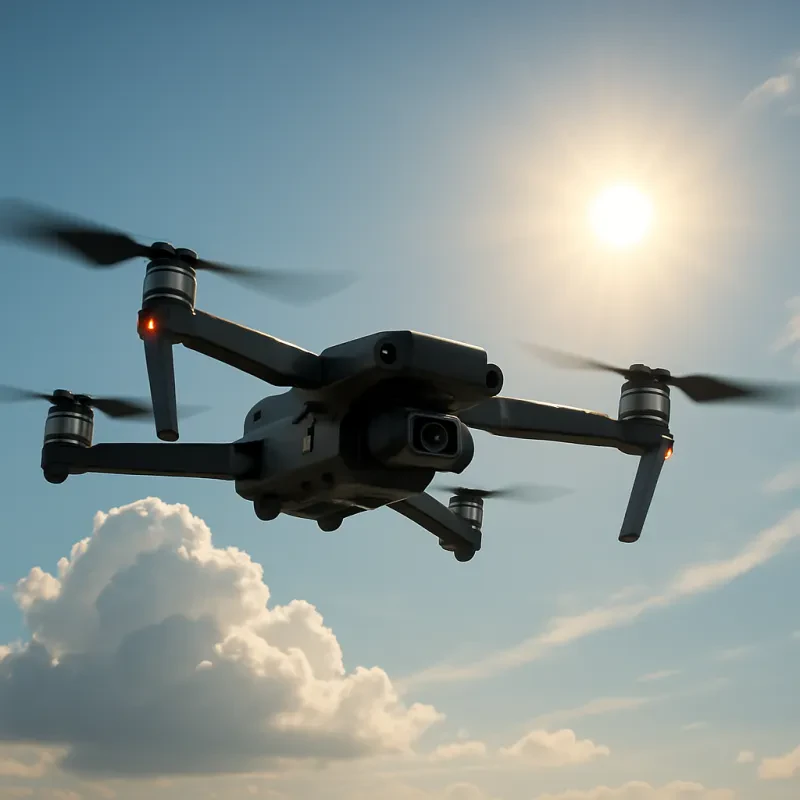Over the past decade, the use of drones has skyrocketed, revolutionizing numerous industries through the integration of unmanned aerial vehicles (UAVs). What was once considered a futuristic concept has now become a reality, offering limitless possibilities and transforming various sectors in ways we could never have imagined.
One of the primary industries significantly affected by the rise of drones is the delivery sector. Companies such as Amazon and Google have been experimenting with drone delivery services, aiming to provide faster and more efficient delivery options. With drones, packages can be transported directly to customers' doorsteps, bypassing the need for traditional delivery vehicles and reducing delivery times significantly. This innovation has the potential to change the way we receive goods, particularly in remote or hard-to-reach areas.
Furthermore, the agricultural industry has experienced a remarkable transformation due to the integration of drones. These unmanned vehicles can monitor crop health, identify areas affected by pests or diseases, and even assist in planting and crop spraying. By capturing high-resolution images and using data analysis techniques, farmers can make more informed decisions, leading to increased crop yields and reduced costs. Drones have become an invaluable tool for precision agriculture, revolutionizing the way farmers approach their work.
Unmanned Aerial Vehicles: The Game-changers of Modern Technology
Unmanned Aerial Vehicles (UAVs), commonly referred to as drones, have emerged as groundbreaking technology revolutionizing various industries. These remotely piloted aircraft have significantly impacted sectors ranging from agriculture and infrastructure to logistics and entertainment. With their ability to overcome human limitations and cover vast distances, drones are altering the way businesses operate and revolutionizing industries.
The agricultural sector has witnessed a tremendous transformation with the integration of drones. These autonomous aerial vehicles provide farmers with the capability to monitor and assess crop health, detect pest infestations, and optimize irrigation systems. Equipped with high-resolution cameras and sensors, UAVs generate valuable data that can be used to make informed decisions, resulting in increased efficiency and reduced costs. From improved crop yields to better resource management, drones have become indispensable tools for modern farming practices.
Moreover, the infrastructure industry has seen substantial benefits from the use of drones. Unmanned Aerial Vehicles enable efficient inspections of bridges, buildings, and pipelines, reducing the need for costly and time-consuming manual surveys. By capturing detailed images and videos, these UAVs enhance the accuracy of structural assessments and facilitate maintenance planning. Drones have proven to be cost-effective alternatives, while also minimizing the risks associated with human-led inspections, making them an invaluable asset in infrastructure development.
Additionally, the logistics and delivery sector has been revolutionized by drones. With the rise of e-commerce and online shopping, the demand for efficient and timely deliveries has surged. UAVs have introduced innovative solutions, enabling faster and more environmentally friendly transport options. Companies like Amazon have explored the use of drones to deliver packages directly to customers' doorsteps, bypassing traditional ground transportation. These unmanned vehicles offer improved delivery speed and reduced human resource requirements, transforming the logistics landscape in the process.
From Construction to Delivery: Drone Applications Across Industries
Drones, also known as unmanned aerial vehicles (UAVs), have emerged as a revolutionary technology with applications spanning across various industries. One such industry that has greatly benefitted from drone technology is construction. Drones have changed the landscape of construction sites by providing aerial views and real-time data collection, assisting in surveying, monitoring, and inspecting construction sites. With the ability to capture high-resolution images and videos, drones enable construction professionals to efficiently assess progress, identify potential issues, and make informed decisions in real-time.
In addition to construction, the delivery sector has also seen significant advancements due to the integration of drones. E-commerce giants have been exploring the use of drones for package delivery, aiming to increase efficiency and reduce delivery time. Drones can reach remote areas faster and navigate through traffic, making them an ideal solution for last-mile deliveries. With advancements in navigation and obstacle avoidance technology, drones today are capable of delivering packages directly to customers' doorsteps, revolutionizing the traditional delivery methods.
Agriculture is another industry that has embraced drone technology to enhance productivity and efficiency. Farmers can utilize drones to monitor crops, identify areas needing attention, and assess overall crop health. Drones equipped with multispectral imaging sensors can capture data on plant health, moisture levels, and nutrient deficiencies. This data enables farmers to make precise decisions on irrigation, fertilization, and pest control, resulting in increased yields and reduced environmental impact. Drones have become valuable tools in precision agriculture, helping farmers optimize their operations and maximize productivity.
Exploring the Future: How Drones are Redefining Business Landscapes
The rise of drones, also known as unmanned aerial vehicles (UAVs), has opened up new opportunities and revolutionized industries across the globe. With their ability to access remote areas, gather real-time data, and aid in operations that were once time-consuming and costly, drones have emerged as powerful tools that are reshaping various business landscapes.
One industry that has been dramatically impacted by drones is agriculture. Farmers can now utilize drones equipped with advanced imaging technologies to monitor crop health, identify pest infestations, and optimize irrigation patterns. The ability to gather detailed aerial data quickly and accurately has allowed for increased productivity, reduced costs, and improved sustainability in the agricultural sector.
The construction industry is another field experiencing significant changes due to the utilization of drones. Project managers can employ UAVs to survey construction sites, perform inspections, and generate 3D models of the area. By replacing traditional manual labor with drones, construction companies have streamlined their workflows, minimized safety risks, and increased overall efficiency.
Furthermore, the delivery sector has witnessed a major transformation through the integration of drone technology. Companies like Amazon and DHL have been experimenting with drone deliveries, aiming to reduce shipping times and costs. With the potential to bypass road traffic and deliver packages directly to customers' doorsteps, drones offer a more convenient and speedy alternative to traditional delivery methods.


